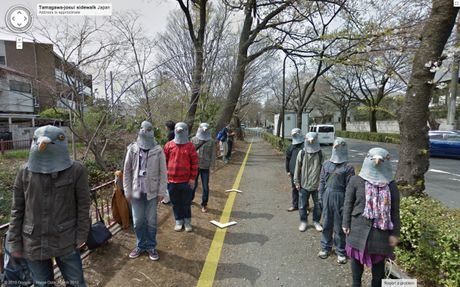Over at The Atlantic, professor Stuart Vyse writes about superstition and the magical thinking that is especially prevalent among people who are intensely engaged in uncertain pursuits. Among others, athletes are singled out:
Uncertainty is an integral part of most sports. In basketball, the best professional players make only half their shots from the field. Quarterbacks in the National Football League complete, on average, only 61 percent of their passes. Because the motivation to win or perform well is quite strong, it is not surprising that athletes resort to magic in an attempt to alter these percentages. Each of these groups confronts a situation in which a particular outcome is both uncertain and highly valued, and each appears to have made superstition an integral part of its activities.
Many sports have ancient roots in practices required for hunting and war, both of which are notoriously uncertain activities. They are also notorious for being shot through with ritual and bound up in magic. It’s no accident that Frazer’s Golden Bough is filled with rites intended to insure success in the hunt and victory at war. While Vyse discusses Frazer, he doesn’t mention my favorite: B.F. Skinner’s “Superstition in the Pigeon.” Although the phylogenetic distance between pigeons and people is great, both share a strong behavioral tendency towards superstition (i.e., mistaking correlation for causation). This must be what evolutionary biologists call a “primitive” trait, one that was already present in the last common ancestor.


